Bordering China’s southern provinces of Yunnan and Guangxi, Vietnam’s place in Asia has not only been molded by its mammoth sister to the north, which occupied it almost continuously for over a thousand years between 111BC and 939AD, but also by modern French imperialist aspirations, and of course, the scourge and ultimate failure of the Vietnam War.
![Colonialist buildings remain among the taller, stacked Vietnamese houses]()
These attempts at control have etched themselves physically into the Southeast Asian country’s long, inverted question mark of a border. They have also had a hand in creating a national psyche that is heavily indebted to the unwritten, interpersonal rules of Confucianism, as well as a rightful sense of pride from repeatedly fending off the world’s crusaders. Coupled with an equator-bound climate, Vietnam’s capital of Hanoi (flights approximately RMB 2,000) – arguably the more conservative, historical, and rough-around-the-edges rival to the business-oriented, southern city of Ho Chi Minh City – can be explored in a few days and makes for a frenetic and intoxicating destination when compared to Beijing’s increasingly curtailed verve.
![A temple sits among the mess of the Old Quarter]()
At the heart of Hanoi sits the jumbled Old Quarter, the frantic heart of the city’s tourist trade (souvenir stands, hotels, travel companies abound) but also a heady mix of restaurants, cafés, temples, shops and markets, bringing tourists and locals together in a haze of dust and heat. Just exploring the Old Quarter and its narrow, humid alleyways lined with rickety colonial-tinged buildings will easily enthrall for a whole day, the intensity never subduing thanks to the infamous and ceaseless swaths of motorbikes battling for every inch of tarmac.
![Turtle Tower stands resolute in the middle of Hoan Kiem Lake]()
Just south, Hoan Kiem Lake allows you to catch your breath while taking in some favorite Vietnamese pastimes, a few of which will be familiar and include Vietnamese dama square dancing, jianzi, and leisurely lakeside gossiping and pontificating. This stretch is also home to the Thang Long Water Puppet Theater, where puppeteers, semi-submerged in water, perform centuries-old folk tales from behind the cover of a screen using animals, people, and dragons on horizontal sticks. As fun as the soggy and pyrotechnic performance is, the action is almost upstaged by the accompanying live band, and specifically, the alien and enchanting sustained notes of the dan bau, a traditional single-stringed and vibrato-laden plucked instrument that substitutes as something of the aural equivalent of the Theremin of the East.
![The city's train tracks make for a slightly terrifying stroll]()
Wind your way down to Ho Chi Minh’s Mausoleum via Hanoi’s train track, which divides the city but not enough to stop the brave from building their houses on either side, making for a twice-daily white-knuckle wall hug as the massive locomotive chugs through. Entry into the mausoleum itself, the resting place for the much-aggrandized father of Vietnam’s communist independence movement, may not entice unless you enjoy the physical embodiment of the half-wax, half-man purgatory state in which Mao has similarly found himself transfixed.
![Ho Chi Minh’s Mausoleum]()
Nevertheless, he attracts thick crowds of citizens wanting to show their reverence. Conversely, the adjoining grounds of Ho Chi Minh’s preserved stilt house and palace are much less macabre. The former is a beautiful and envy-inducing open-air wooden structure from which Ho Chi Ming used to work, while the latter is an eyecatchingly brilliant canary yellow French colonial-style lesson in decadence, but which sadly cannot be entered.
![Ho Chi Minh's brilliant-yellow Presidential Palace]()
To learn more about the intruder forces that Ho Chi Minh spent his life rallying against, you need look no further than Hoa Lo Prison, dubbed the Hanoi Hilton, a key structure in Vietnam’s 21st-century battles. First built by the French in 1896 to house Vietnamese political prisoners, the prison later cycled through the hands of the Americans during the Vietnam War, before it was recaptured by the Vietnamese and in turn used to jail American POWs (putting up its most famous resident, John McCain).
![Hoa Lo Prison]()
One thing that links all of the prison’s reiterations are the dire conditions and dark and dank cavern-like rooms its captives had to endure for years, to even the sewer system, which afforded a way for inmates small, crafty, and “lucky” enough to escape.
![Hanoi Museum of Fine Art]()
For something a little less oppressive, put aside time to wonder the thorough collection of the Hanoi Museum of Fine Art, which spans the last 2,000 years and is a strong visual reminder of China’s influence on the country over the ages. That’s not to say, however, that techniques in lacquer, wood, and painting weren’t adopted locally, the Vietnamese providing their own rich and striking tack.
If you want to flee the city, there are two convenient options depending on whether you’re after a water or land adventure, with respectively, Halong Bay to the east and Sapa to the north.
Halong Bay
![The limestone karsts of Halong Bay]()
Halong Bay Defined by its high density of limestone karsts – topography similar to China’s Yangshuo – the UNESCO World Heritage Site of Halong Bay is a two-hour bus ride from Hanoi and is almost as famous for the iconic fleets of red-sailed junk boats that wind through its peaks as it is for the stunning landscape. If you choose your cruise tactically (they’re sold throughout Hanoi) it’s easy to find one that avoids the crowds, and many even offer a night on an island (approximately RMB 600 all-in) rather than a boat, allowing you to unwind at your own pace and even extend your stay.
Sapa
![The stunning Sapa terrain]()
Sapa Heading inland from Hanoi, take a night bus to the sleepy town of Sapa for an altogether different jaunt. Alighting from the bus, weary and red-eyed, minority women in colorful woven clothing are waiting to ambush travelers and promote their homestay. Once you’ve settled on a price (approximately RMB 200 per night, including meals and guide services) you’ll start your five-hour hike out of the dusty and chaotic center of town and up into the mountains. Leaving the sound of demolition trucks and rapid development behind in the valley, the hills open up to unveil a rich tapestry of fields, either intricately layered for rice terraces or divided into neat plots for the cultivation of tea and corn, providing locals with their other dominant form of income. The homestays themselves vary depending on how much money has been put aside to renovate, and let’s just say that I was conflicted upon hearing that my host’s house was so modern because the last one was washed away.
![A girl herds water buffalo through the village]()
During your stay, you’ll be treated to simple but wholesome home cooked meals to fuel the hours of hiking you’ll accomplish each day, traversing the nearby fields and rivers. The eternally snotty-nosed and pants-less children are also an unending source of entertainment, digging through the watery fields for tadpoles, climbing trees, or in some cases even tending to their adopted pet owls. What’s also striking is the villagers’ general English proficiency, having quickly picked up tourism’s tongue through daily interactions. This ease of communication, when coupled with the secluded nature of Sapa, adds another layer of depth to the experience given that the women who sit at the helm of this largely a matriarchal society are happy to chat about their daily lives with curious guests.
![The ubiquitous pants-less and curious children of Sapa]()
Granted, Vietnam is significantly more tourist-oriented than China is ever likely to be, which comes with its downsides (ceaseless haggling and undertones of aggression at times being but two) but the sheer vibrancy of life and varied sights (and let’s not forget the food) make it an invigorating sojourn down south, as well as the closest thing China has to a little, feisty sister.
More stories by this author here.
Email: tomarnstein@thebeijinger.com
WeChat: tenglish_
Instagram: @tenglish__
Photos: Tom Arnstein
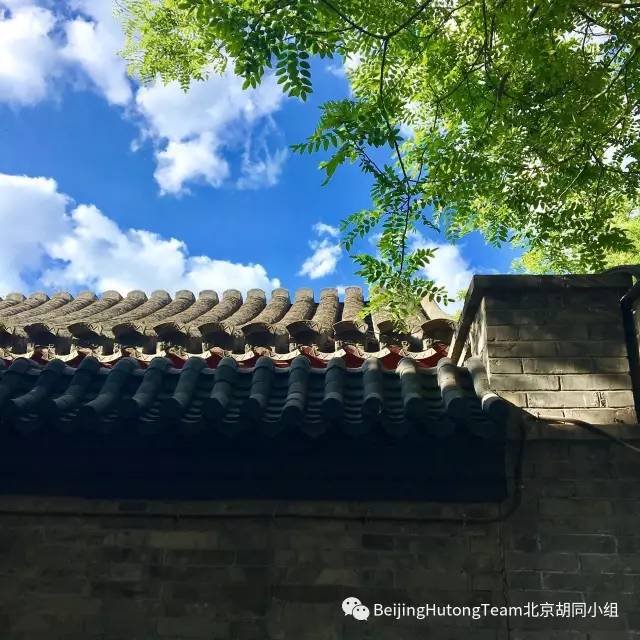
 Hutong Art Project founder Liu “Jady” Qilin (who also kickstarted the Beijing Hutong Team as a platform as a collective for such events) hails from Chongqing, and is currently enrolled at Beijing Normal University. He spends much of his free time at alt-rock gigs, doc screenings, cafés, and trawling through what remains of the city's hutong haunts.
Hutong Art Project founder Liu “Jady” Qilin (who also kickstarted the Beijing Hutong Team as a platform as a collective for such events) hails from Chongqing, and is currently enrolled at Beijing Normal University. He spends much of his free time at alt-rock gigs, doc screenings, cafés, and trawling through what remains of the city's hutong haunts. 




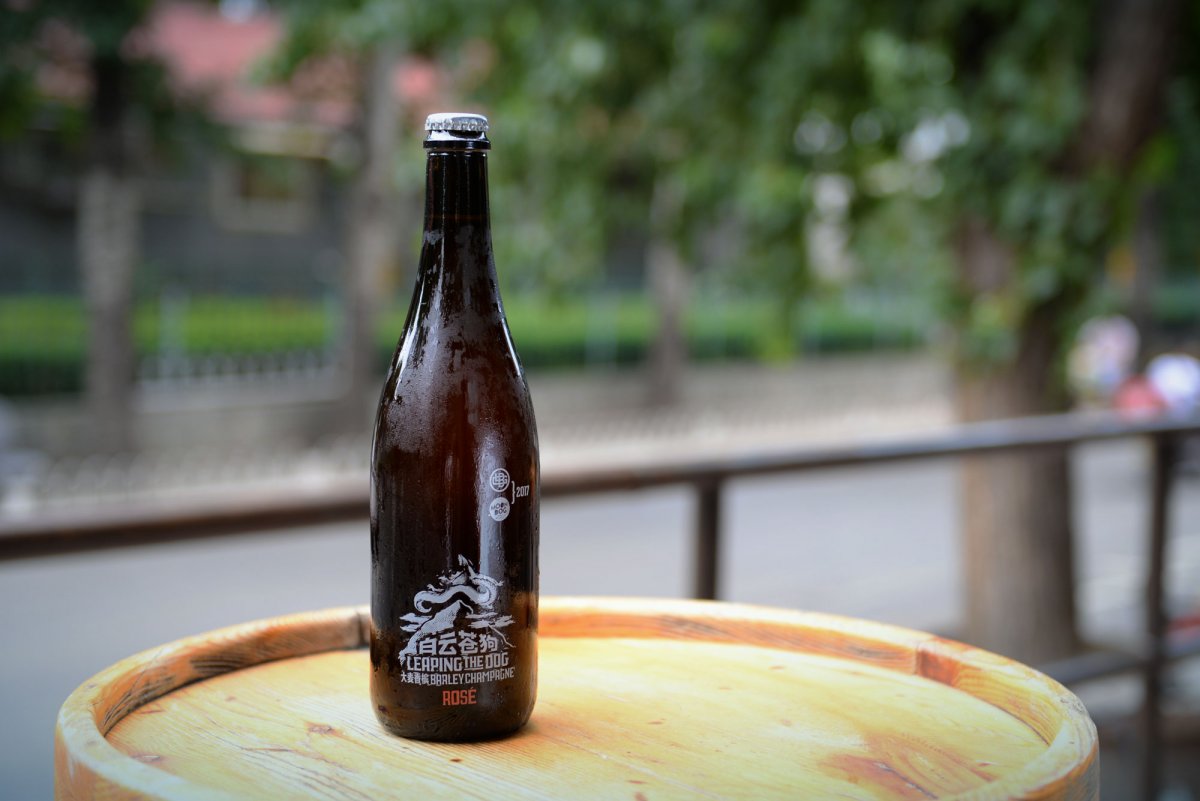

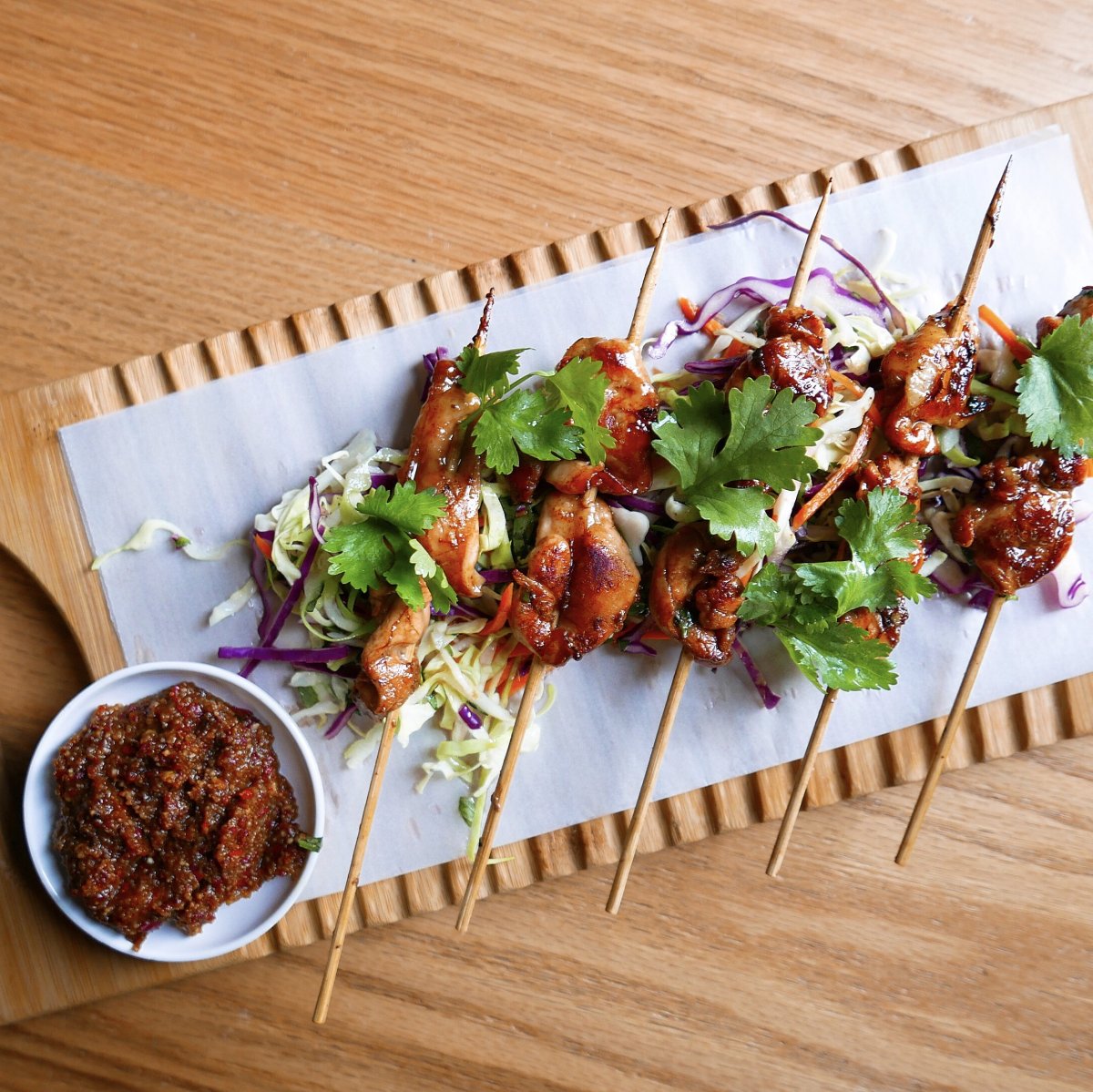
























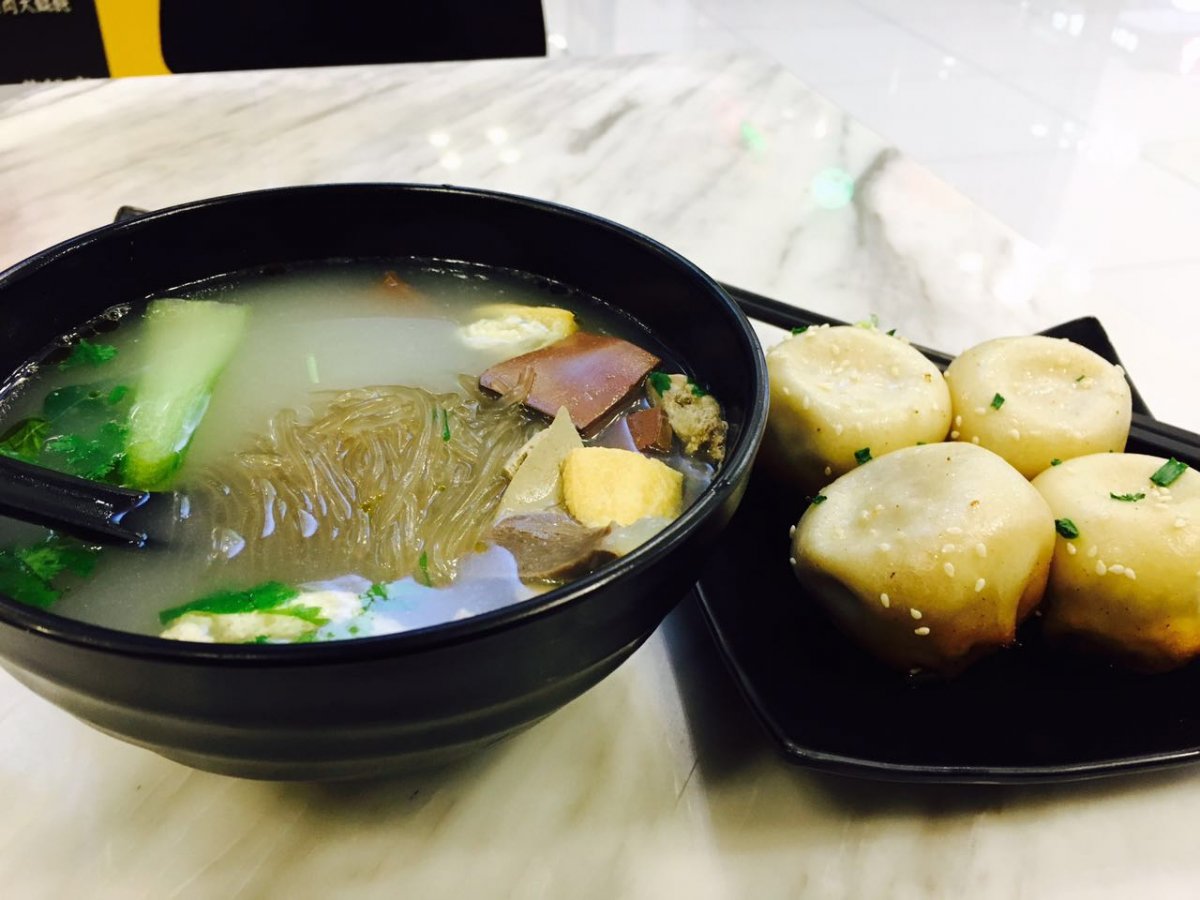
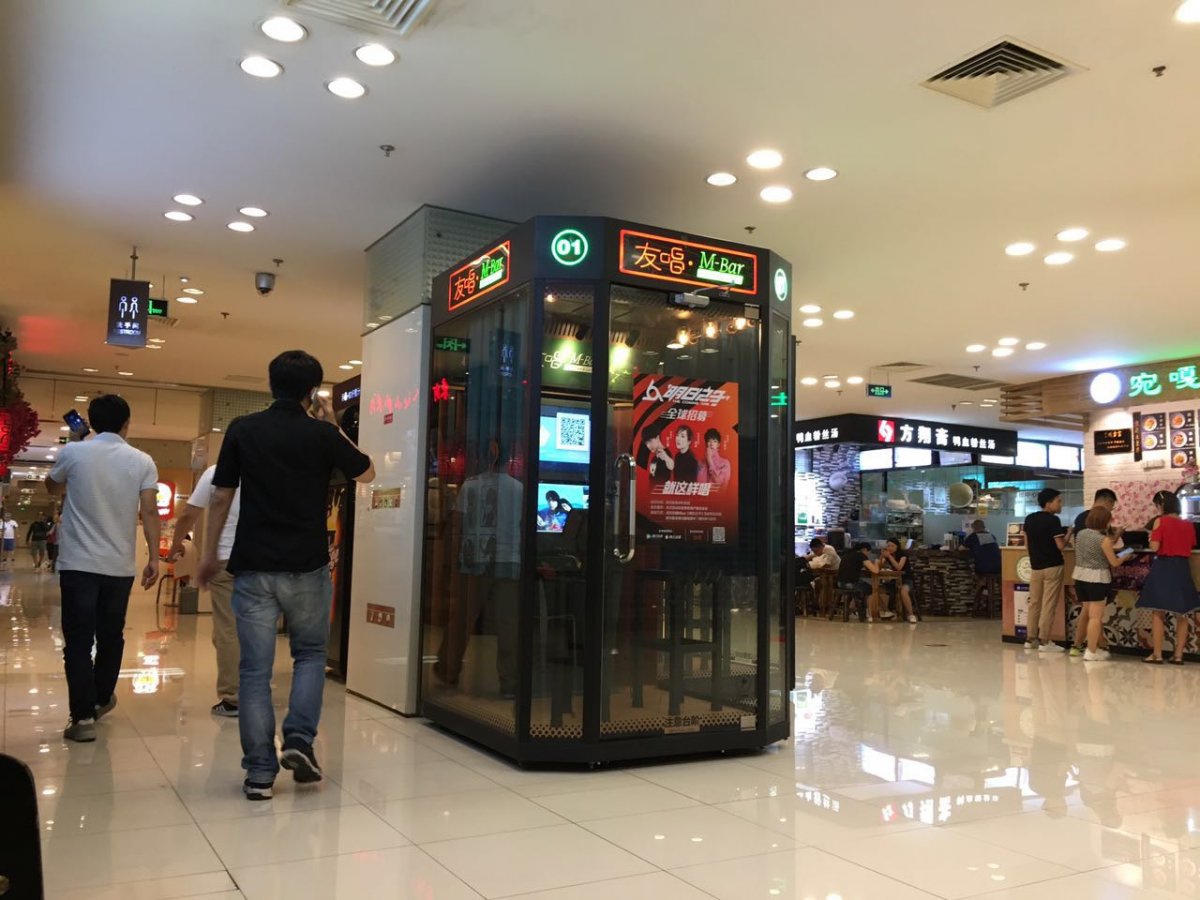













































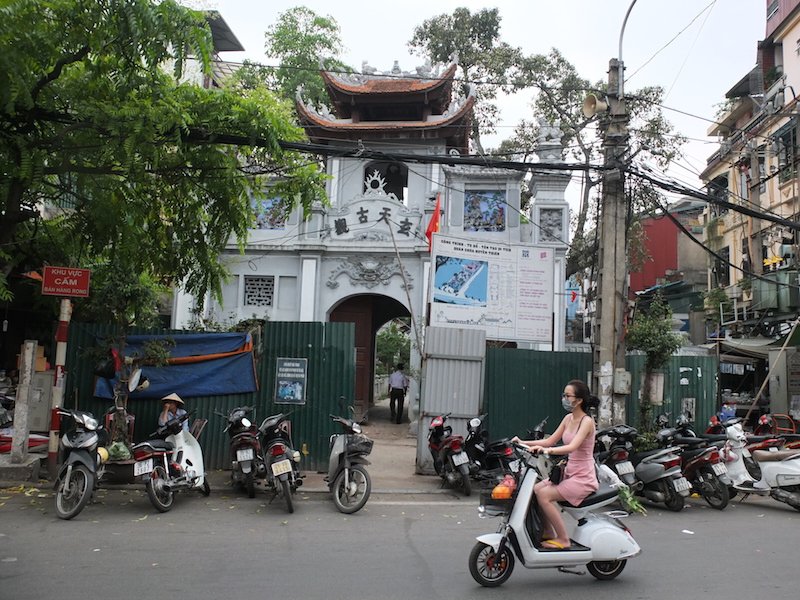
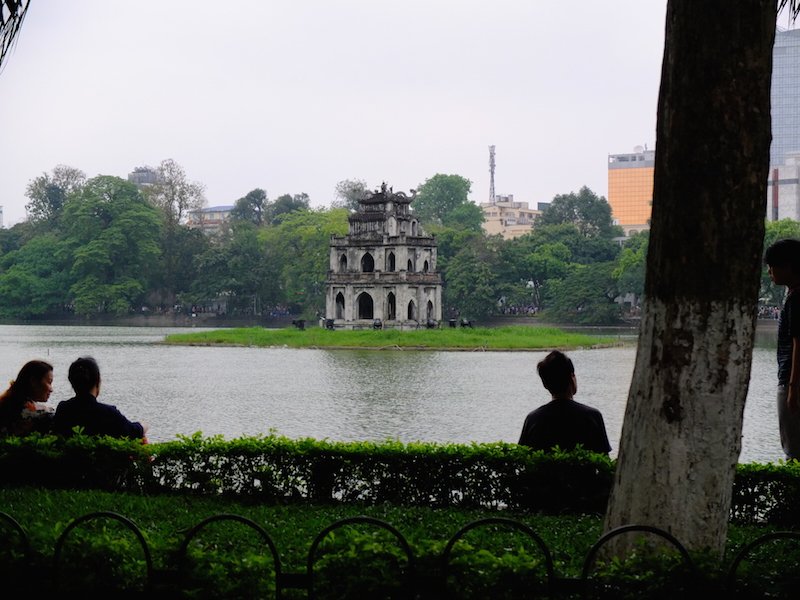

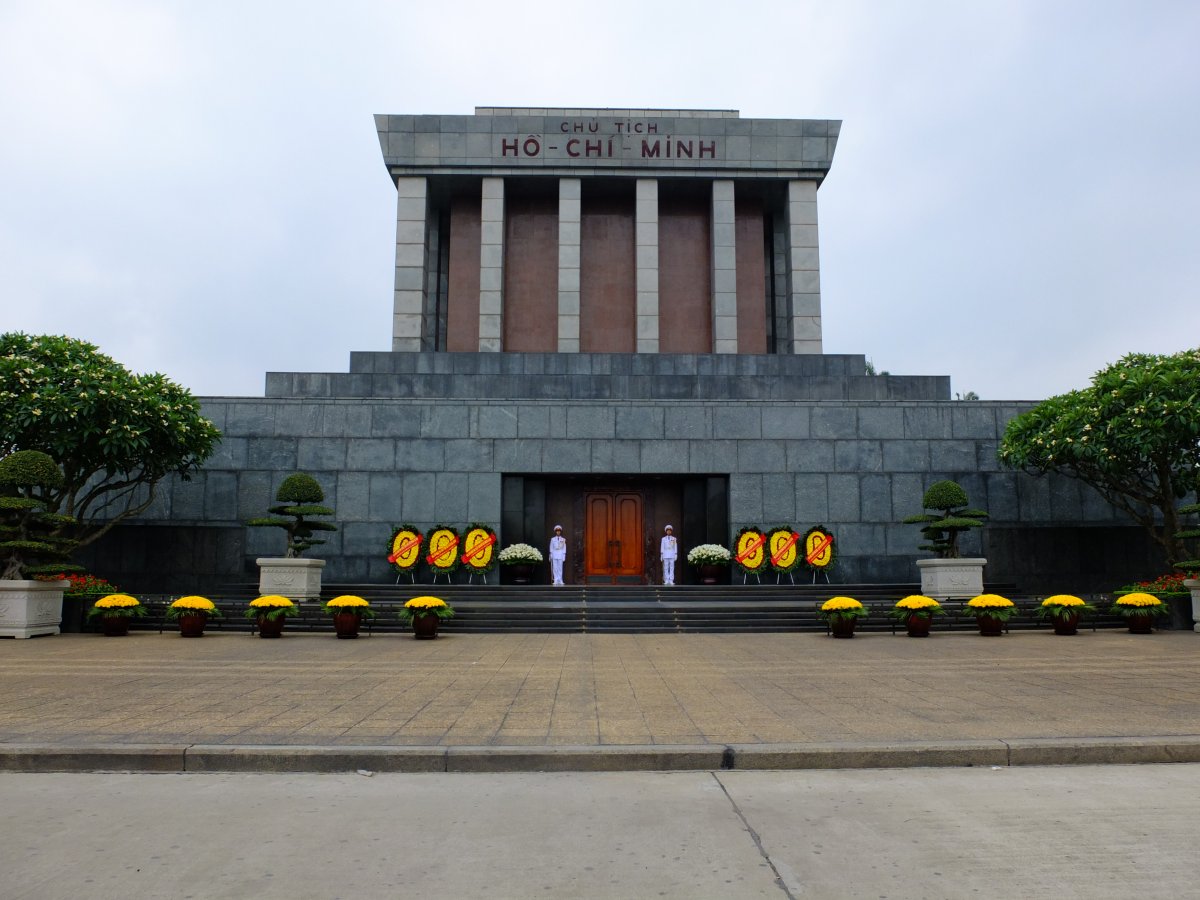

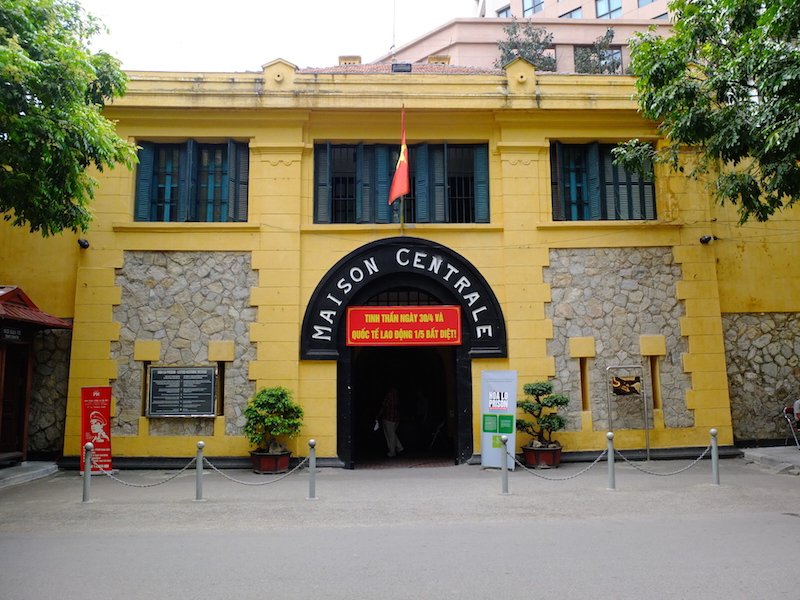
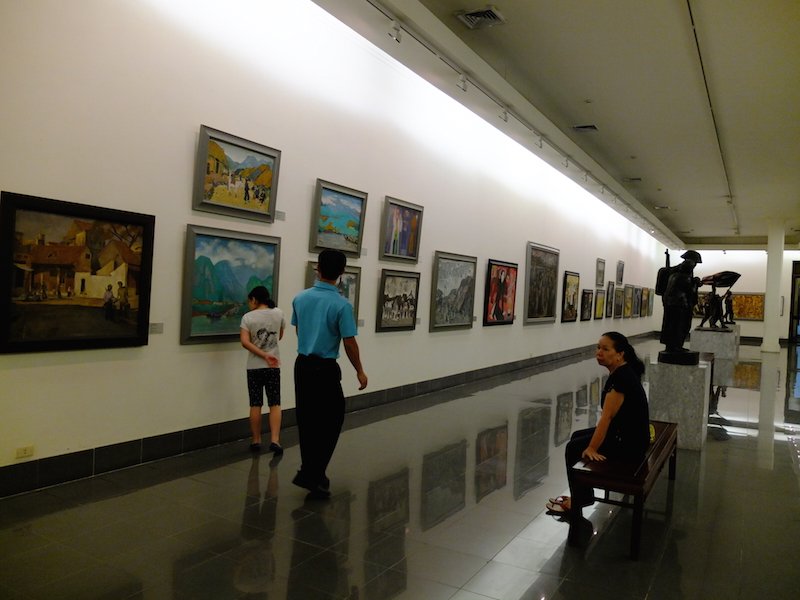





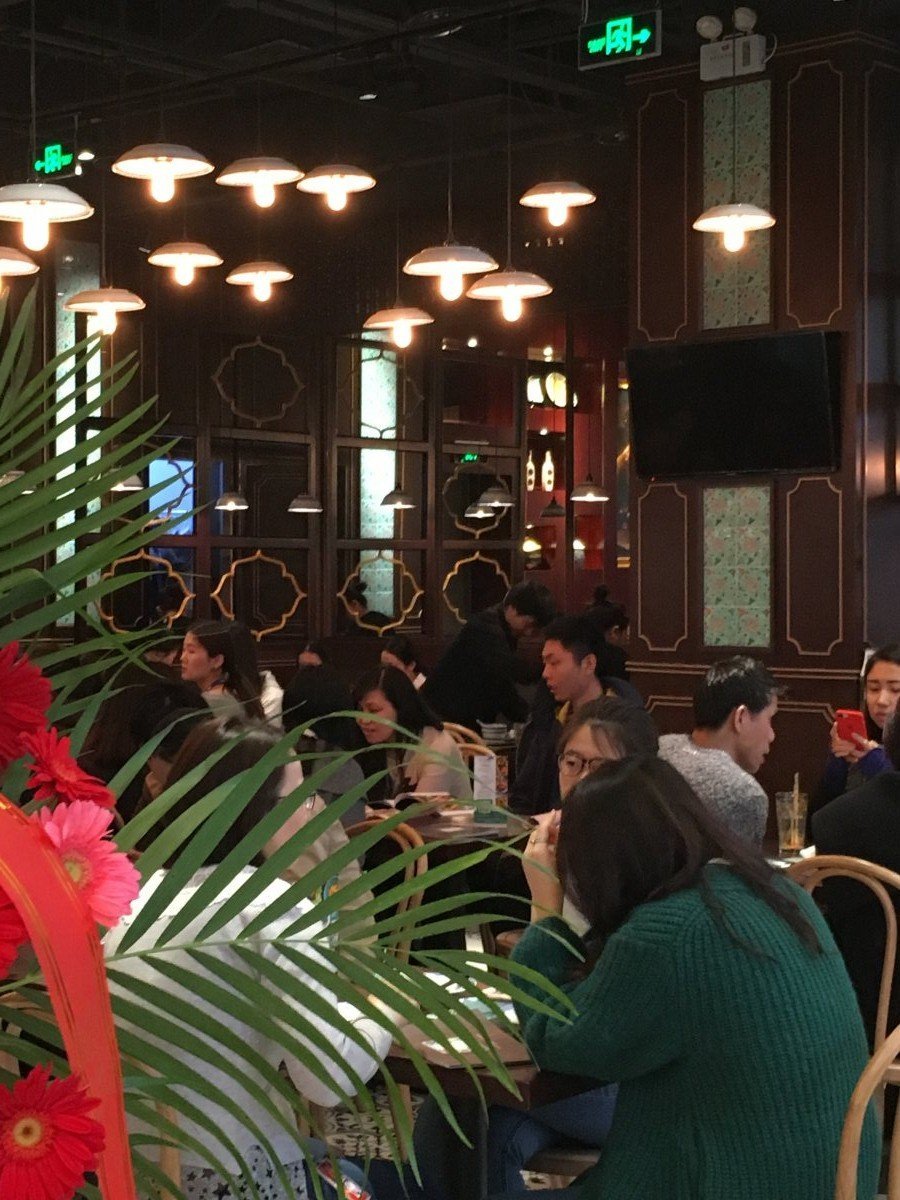
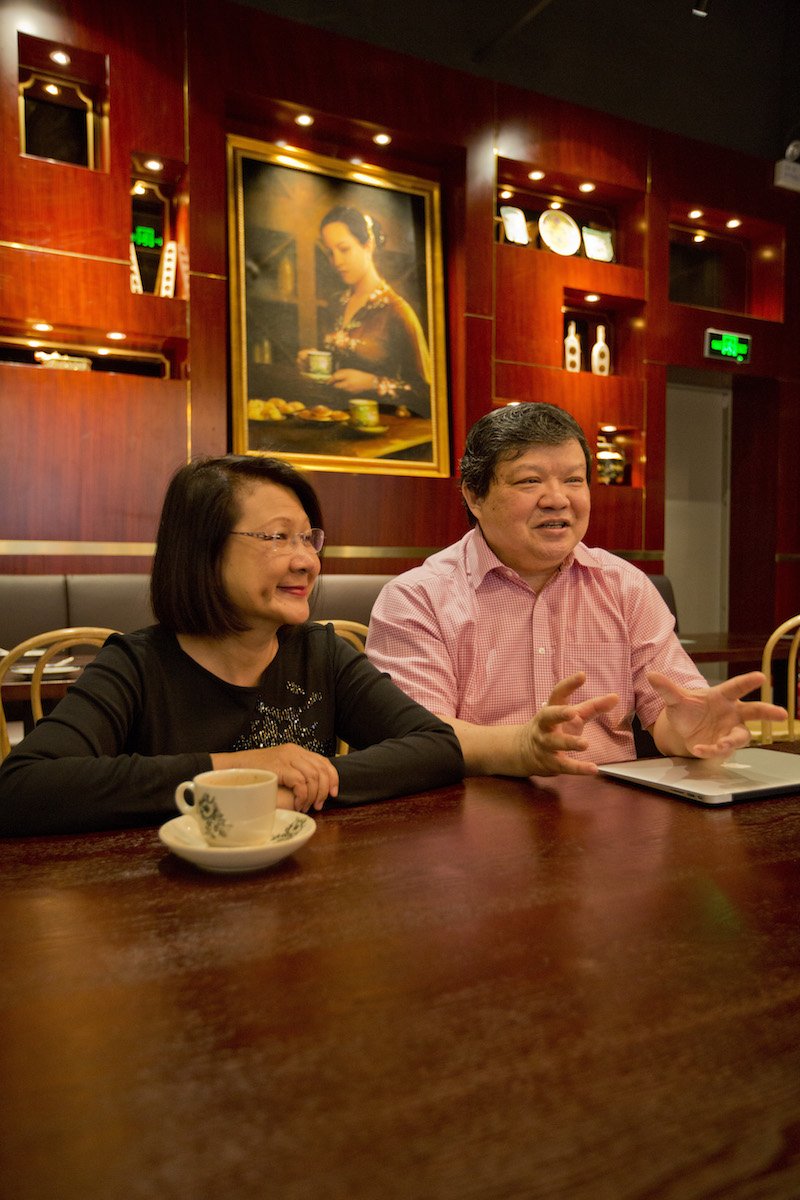
![[DP] Mandarin Monday: Dongyuan Uses Cultural Activities to Enhance Chinese Language Skills [DP] Mandarin Monday: Dongyuan Uses Cultural Activities to Enhance Chinese Language Skills](http://www.thebeijinger.com/sites/default/files/thebeijinger/blog-images/286347/activity-one_day_trip_to_cuan_di_.jpeg)

















